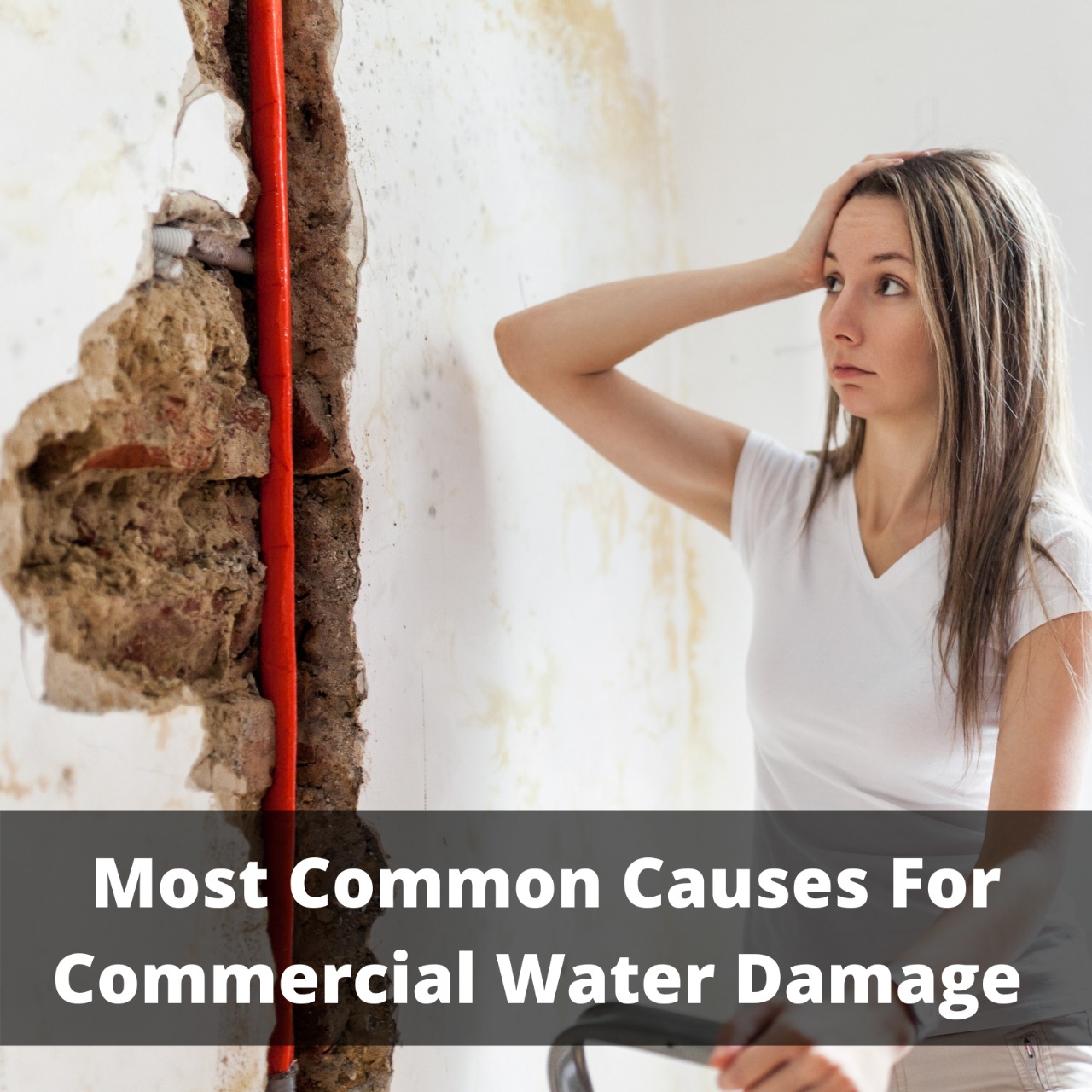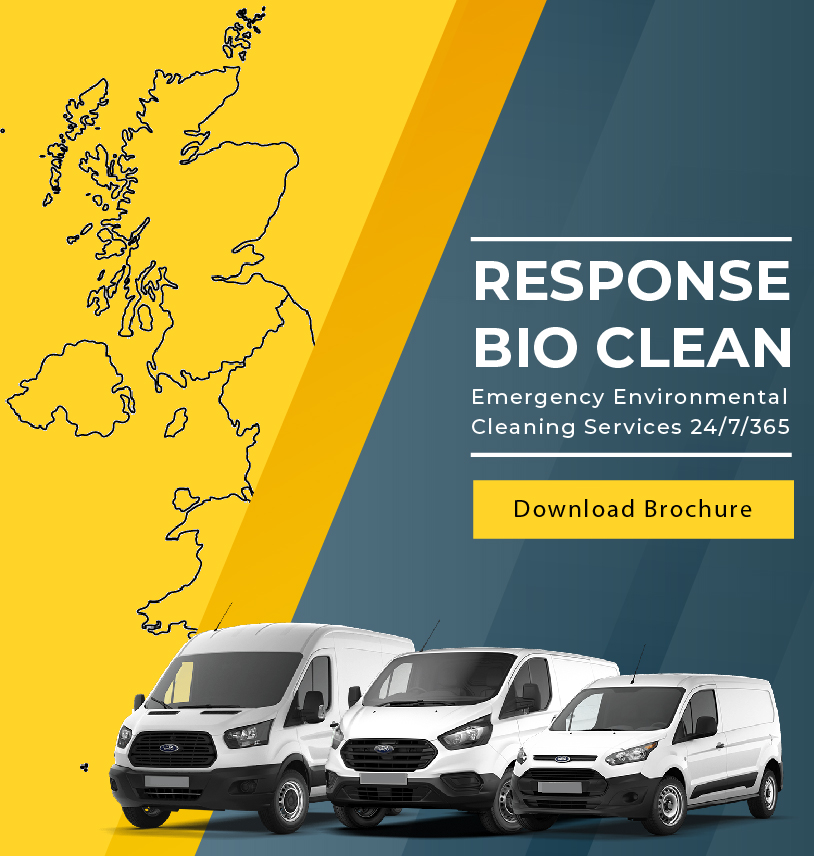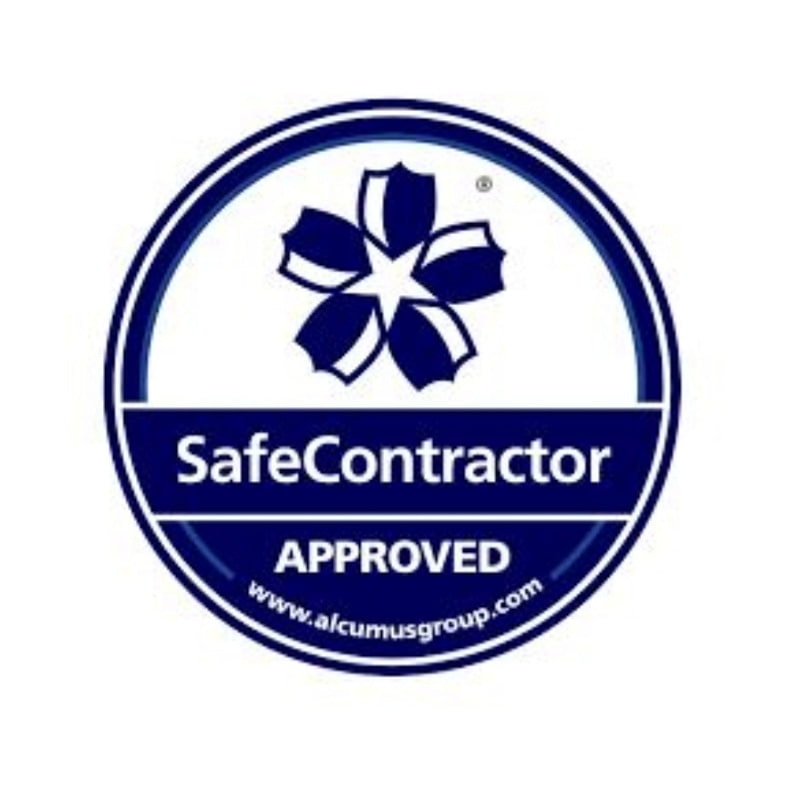Water damage in the workplace might make it difficult to perform business. It might potentially jeopardise your employees’ health and safety. It’s critical to respond quickly as soon as you see evidence of commercial water damage.
Commercial water damage repair is typically more difficult than domestic water accident repair and necessitates a more thorough strategy. The restoration process is influenced by the size and construction of commercial buildings, the level of harm, the various uses of the area, and the volume of tenants. Knowing the reasons for commercial water damage, on the other hand, might help you avoid the situation altogether. The most typical causes of commercial water damage are discussed in this article.
Causes for commercial water damage
- Damaged pipes
Pipes can burst for a variety of reasons. Blocked sewage pipes, deteriorated water supply pipes, or an excessive amount of water pressure could be causing this. Identifying a damaged pipe is not an easy process. Hence, it frequently necessitates the use of specialist equipment. Water streaks on walls or floors, broken or disconnected shingles, swelling walls, swollen barriers, cracked or loose tiles, and a musty stench are all symptoms to look out for.
- Broken roof
Gale force winds can do significant structural damage. Inadequate roof management can often result in roof damage, which can lead to water damage. Furthermore, major damage might be caused by lost tiles and other things that fell from the trees onto the roof. Roof care is essential since a leaking roof may cause damage to your ceiling, fire threats from shorter wires, mould and mildew problems, and compromise the proper functioning of your structure.
- Sprinkler system leakage
A sprinkler system, like a burst pipe, can occasionally cause water damage in your building. It has the potential to break down, leak, and cause water damage. Check for symptoms of dripping ceilings or walls, a damp carpet, a musty or mouldy odour, and any stagnant water near your sprinkler system to identify this issue.
- Leaks in structural foundation
If gutters aren’t cleared on a routine basis, they can get blocked, allowing water to leak into your commercial structure via the rooftop and base. Water might also gather around your foundation due to a faulty sewage system. Pools of water near your building structure are an indication that you’re dealing with a leak.
- Blocked sewer lines
Water including faeces, industrial pollution, and detritus such as sanitary pads, contraceptives, diapers, and polymers makes up sewage water. It also contains germs and other germs that have the potential to cause major health problems. Look for a bubbling noise or water-storing out of a drain or toilet to locate clogged sewage lines.
There is a risk of category 3 corrosion when sewer pipes back up. Blackwater in Category 3 water is severely polluted and can harm not just electrical gadgets but also office furnishings.
- Natural disaster or strong weather
Water damage can be caused by cyclones, torrential rains, cyclones, or any other catastrophic natural catastrophe. You can’t stop any of these natural catastrophes from occurring, but you may take some preventative precautions to safeguard your home against water damage.
This involves creating a good water system, cleansing the guttering, and maintaining the structure on a routine basis. Make a disaster management strategy ahead of time to ensure that difficulties are resolved as fast as feasible.
- Unsealed windows
Unprotected openings are among the most prevalent causes of water damage in homes and businesses. Rain and water will flow into the structure through shattered windows that do not have a suitable seal. If left unattended, this can lead to mould growth, twisted or ruined wood, and, worst of all, water damage. To keep it from wearing out, make sure it’s properly sealed and caulked.
- Poor HVAC system
Heating and cooling the air via a network of tubes is how HVAC systems function. These ducts burn out and become degraded over time, resulting in water leaks. To avoid concerns like water damage, clean your HVAC systems on a scheduled basis and eliminate any surplus water from the condensate basin.
- Faulty appliances
Water damage can be caused by faulty equipment and machines. Water accidents can occur in a variety of places, including sinks, bathrooms, washers and dryers, and appliances. When these systems back up, the moisture might flow throughout the structure, causing serious water damage.
How to prevent commercial water damage
Preventing water damage could save the company’s money in the long run by avoiding expensive repairs and company disruption. Because liquid damages can result from several sources, it’s critical to have the structure examined regularly to avoid leaks and other problems.
- Flood monitoring system
Whether or not your company is in a flood-prone location, ensure you get a reliable flood warning mechanism in place. Other factors that might create flooding include plumbing issues, rushing rivers, and freezing rain.
- Inspection for water damage
Water damage mitigation is often less expensive than water damage rehabilitation. Have experts examine your estate at least once every year to help avoid water damage from getting nastier. Leakage monitoring may be done in a variety of methods, including humidity monitoring and using spot sensors.
- Get water insurance
Property insurance plans do not usually cover flooding. Water damage repair can be quite costly. If your property is damaged by a flood in the future, water damage insurance can help you cover the costs.
- Schedule regular maintenance
A routine maintenance strategy should help you maintain your business facility as safe as possible while also preventing water leaks. At various intervals, different sections of a commercial building must be examined. Doors, windows, and fences, for instance, should be inspected for deterioration every year, and the roofing should be covered every five years or so to minimize damage.
Other alternatives
Water damage repair equipment such as air movers, commercial dehumidifiers, air purifiers, and other items can be purchased. These devices can help to minimize the amount of moisture in the air, as well as prevent mould growth and other water damage impacts. If, on the other hand, the water damage is caused by structural concerns such as those mentioned above, you will have no alternative but to employ specialists to address such difficulties.
Commercial water damage repair is a job best left to the pros. Make careful to choose restoration companies that are certified in water damage restoration.
Conclusion
Commercial water damage is a severe issue that has to be handled as soon as feasible. Water damage may be caused by a variety of factors, including broken windows, roof leaks, busted pipes, sewage blockages, HVAC leaks, and sprinkler spills.
Fortunately, water damage may be avoided by installing a flood surveillance system, purchasing flood insurance, and performing regular property inspections and facilities maintenance.
If you see evidence of water damage in your business building, contact a specialist as soon as possible. Water damage can be prevented by addressing the source of the problem.

















